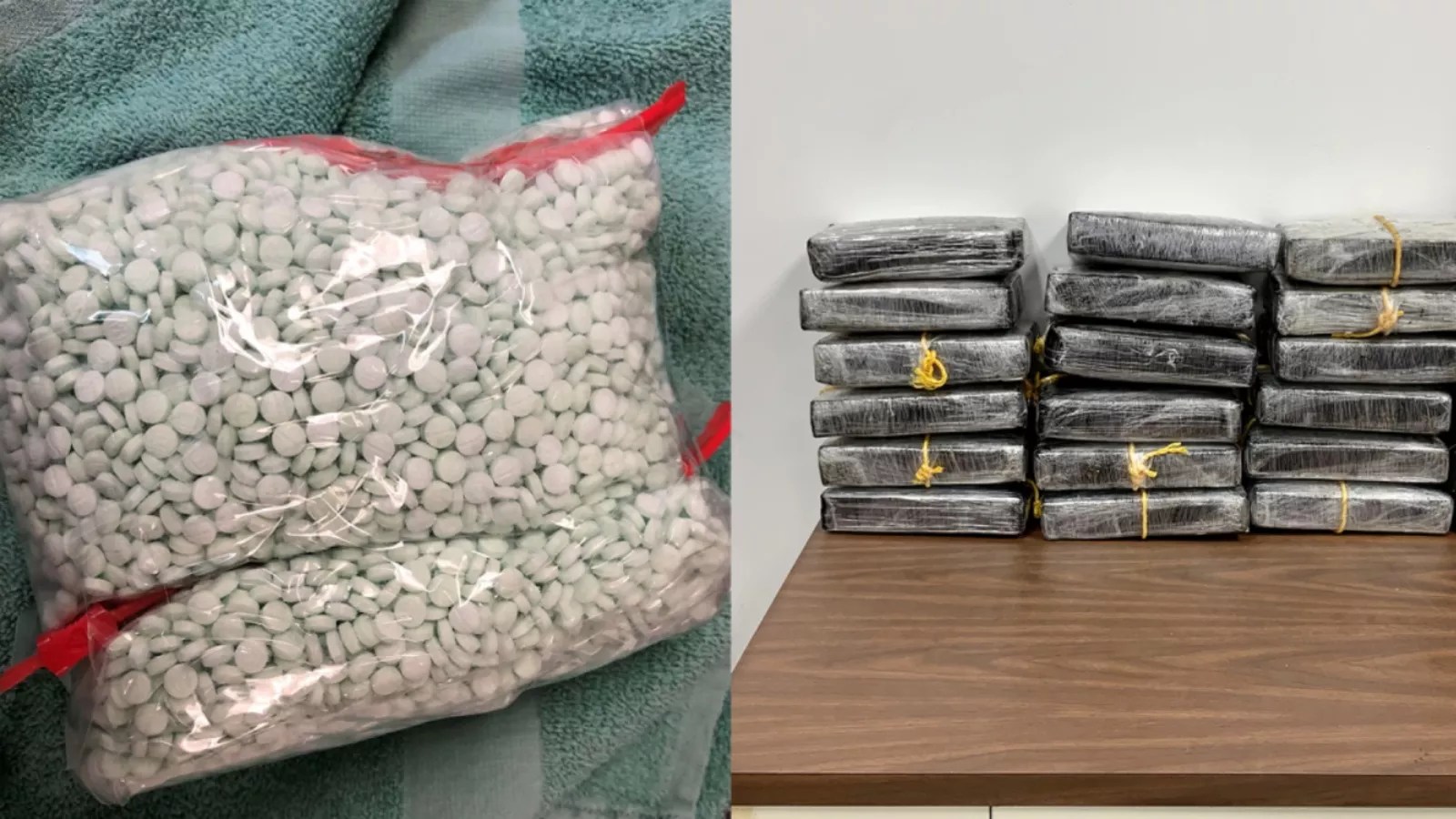

Audio By Carbonatix
Fentanyl has been a tragic part of the Colorado drug scene for several years, and it’s contributed to a steadily growing number of deaths since its arrival in the state. But while the synthetic drug has received plenty of attention from legislators and law enforcement officials lately, the most recent overdose statistics from the Colorado Department of Public Health and Environment reveal a crisis too complex to be solved by simply focusing on a single contributing factor.
“We’ve had fentanyl in Colorado since 2018,” says Lisa Raville, executive director of the Harm Reduction Action Center, “and it’s kind of a nuanced, threefold issue. We’re seeing it mixed into heroin, meth and cocaine. We’re also seeing it pressed into pills called the blues or M30s,” a term also used for counterfeit oxycodone tablets. “They may have a little, some or a lot of fentanyl. You don’t know, and that’s what makes them so unpredictable.”
This lack of certainty can lead to lethal mistakes, as was the case in the deaths last month of five people in the same Commerce City house who used cocaine that turned out to have been laced with fentanyl. “Since at least 2018, we’ve had fentanyl testing strips, so people can test their drugs before they use,” Raville notes. “But we probably won’t be giving out the strips in the next six months, because everything will have fentanyl in it.”
Raville argues for taking a public-health response to addictive drugs, and has been highly critical of police crackdowns such as recent sweeps at Union Station. “Law enforcement can’t arrest their way out of this, or they would have done it a long time ago,” she says. Colorado Attorney General Phil Weiser has been calling for tough legislative action to combat the fentanyl crisis since at least last year, and more recently, the Colorado District Attorneys’ Council floated the idea of lowering the amount of the drug an individual can possess before triggering a felony distribution charge. That’s one of many ideas reportedly under consideration by a bipartisan group of legislators currently grappling with the topic.
One thing that’s not in doubt is the scope of the situation in Denver and Colorado as a whole. Steven Castro, manager of operations for the Denver Department of Public Health and Environment, says that the city probably won’t have final numbers for 2021 until the end of April or early May. But as of February 25, the DDPHE estimated that there were 449 drug-related deaths in Denver last year, and 220 of them were related to fentanyl.
The percentages are similar in the statewide numbers offered by Kirk Bol, a CDPHE statistician and epidemiologist who notes in an email that the department may not have final totals until early May. “We have recorded 1,659 total drug overdose deaths among Colorado residents in 2021 through routine vital records/death certificate registration (compared to 1,477 in 2020),” he says. “Of these overdose deaths in 2021, we note that 1,104 involved some form of opioid (prescription, fentanyl or heroin; compared to 956 in 2020), and 803 drug overdose deaths specifically involved fentanyl of some form (compared to 540 in 2020).”
Bol’s stats indicate that many, if not most, overdoses are caused by a combination of drugs rather than just one. Here are the numbers for drug deaths in Colorado from 2018 through 2021 in eight categories: total overdose deaths, as well as overdoses involving opioid analgesics, heroin, total opioids, fentanyl, methamphetamine, cocaine and alcohol. Overdoses in which multiple substances were involved are counted more than once.
Total Overdose Deaths
2018 – 974
2019 – 1,072
2020 – 1,477
2021 (provisional) – 1,659
Any Opioid Analgesic (Natural, Semi- or Fully Synthetic, Methadone; Includes Fentanyl)
2018 – 349
2019 – 439
2020 – 798
2021 (provisional) – 1,005
Heroin
2018 – 229
2019 – 215
2020 – 220
2021 (provisional) – 176
Total Opioids; Any Opioid Analgesic or Heroin
2018 – 543
2019 – 620
2020 – 956
2021 (provisional) – 1,104
Fentanyl
2018 – 102
2019 – 222
2020 – 540
2021 (provisional) – 803
Methamphetamine
2018 – 318
2019 – 349
2020 – 525
2021 (provisional) – 650
Cocaine
2018 – 128
2018 – 135
2020 – 219
2021 (provisional) – 235
Alcohol
2018 – 62
2019 – 68
2020 – 57
2021 (provisional) – 57
The increases in overdose deaths from various drugs are even more striking in the graphic below, which offers data for each year from 2000 to 2021:

Click to enlarge.
The problem is obvious. If only the same could be said of the solution.
This is the first in a series of stories on fentanyl and overdoses in Colorado.